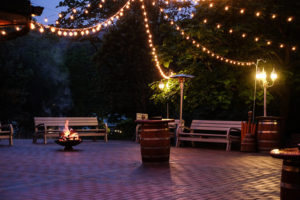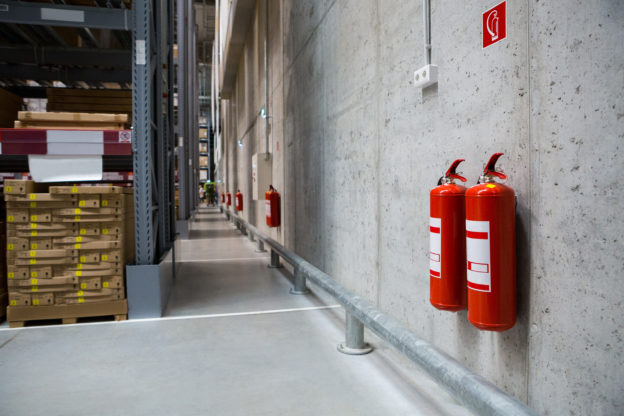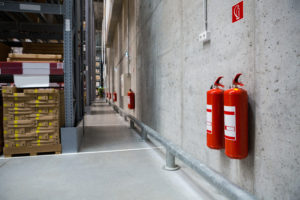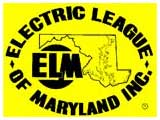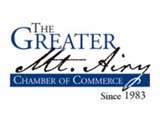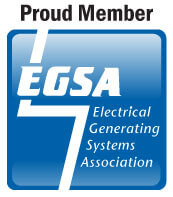Electrical Problems in Older Homes (And How to Fix Them)
Older homes have charm, character, and history—but they can also come with electrical problems that pose safety risks. If your home is more than 30 years old, it’s essential to check for common electrical issues and make necessary upgrades. Here are five common electrical problems in older homes and how to fix them.
1. Outdated or Worn-Out Wiring
Many older homes still have knob-and-tube wiring or aluminum wiring, both of which can be fire hazards. Over time, insulation can degrade, and wires can become exposed, increasing the risk of electrical fires.
✅ Fix It: If your home has outdated wiring, hire a licensed electrician to inspect and replace it with modern, safer alternatives like copper wiring. This upgrade ensures your electrical system meets current safety standards and reduces fire risks.
2. Ungrounded Outlets
Two-prong outlets are common in older homes, but they lack grounding, which protects against electrical surges and shocks. If you experience frequent shocks when plugging in devices or notice sparks, ungrounded outlets could be the culprit.
✅ Fix It: Upgrade to three-prong, grounded outlets or install GFCI (Ground Fault Circuit Interrupter) outlets, especially in kitchens, bathrooms, and outdoor areas. This simple upgrade enhances safety and ensures compliance with modern electrical codes.
3. Overloaded Circuits
Older homes weren’t designed to handle today’s high electricity demands. Plugging too many devices into one circuit can cause breakers to trip or even overheat wiring, leading to potential fire hazards.
✅ Fix It: If you frequently trip circuit breakers, consider having an electrician install additional circuits or upgrade your electrical panel to accommodate modern power needs. A panel upgrade from 100 amps to 200 amps can improve efficiency and safety.
4. Flickering Lights & Voltage Fluctuations
Lights that flicker, dim, or randomly shut off could indicate loose connections, faulty wiring, or an outdated panel. These fluctuations may also signal an issue with the power supply coming into your home.
✅ Fix It: Have a professional inspect your wiring and electrical panel. If needed, rewiring sections of your home or upgrading to a new circuit breaker panel can stabilize voltage and prevent future electrical problems.
5. No Arc Fault or Ground Fault Protection
Older homes often lack Arc Fault Circuit Interrupters (AFCIs) and Ground Fault Circuit Interrupters (GFCIs), which help prevent electrical fires and shocks. Without these safety features, you’re at a higher risk of electrical hazards.
✅ Fix It: Install AFCI breakers in bedrooms and living spaces to prevent fires caused by faulty wiring. Also, ensure that GFCIs are installed in moisture-prone areas like kitchens, bathrooms, and basements to protect against shocks.
Is It Time for an Electrical Inspection?
If your home is more than a few decades old and hasn’t had an electrical inspection recently, now is the time! A professional electrician can assess your system, recommend upgrades, and ensure your home meets modern safety standards.
Need help upgrading your home’s electrical system? Contact Little Sparkie today for an inspection and expert service!
Little Sparkie
301-606-5181

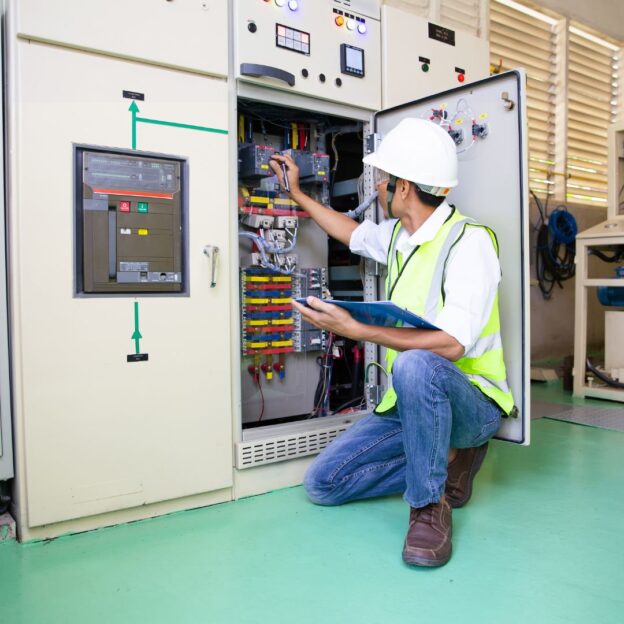
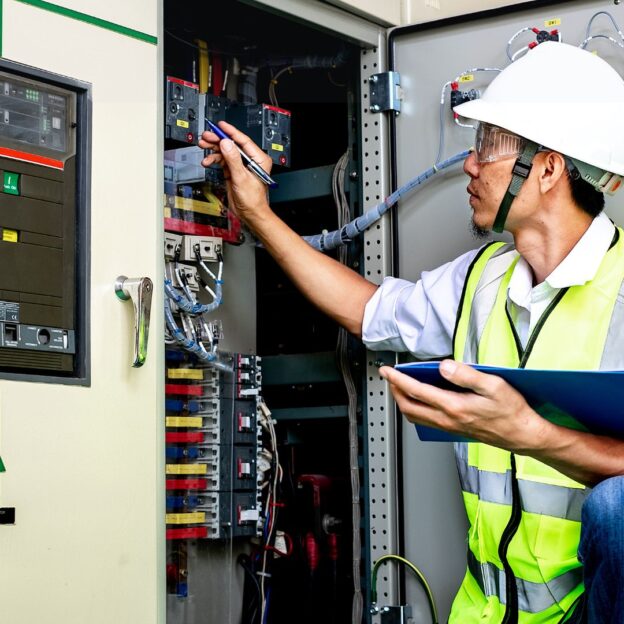
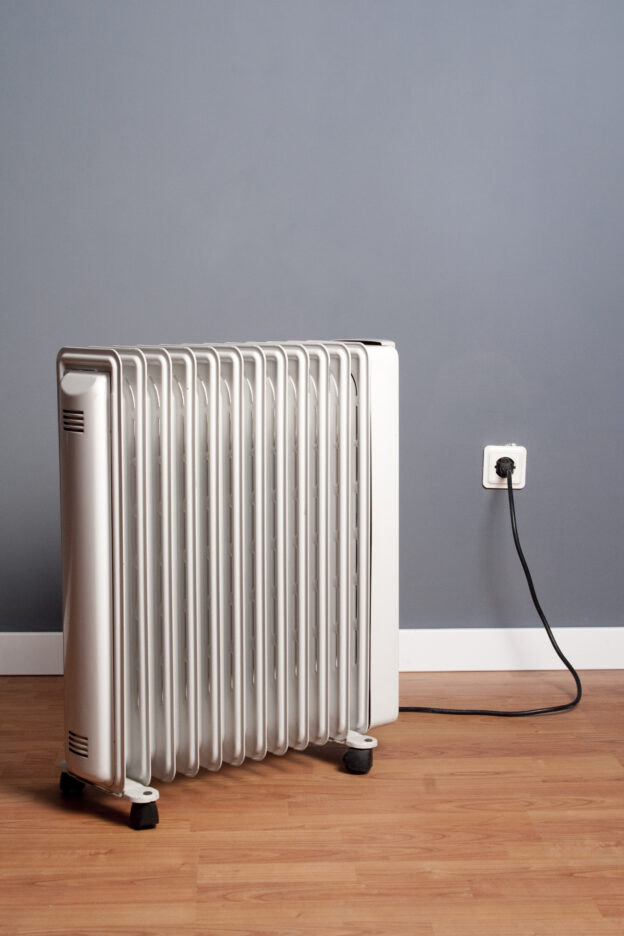
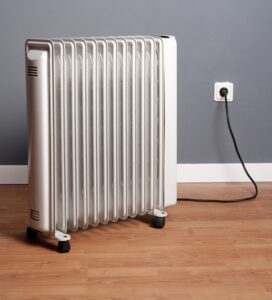 big problems if not used correctly.
big problems if not used correctly.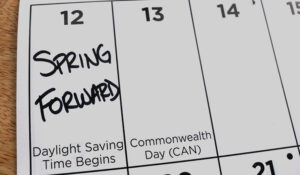 time to check the battery in smoke detecters. It’s also a smart idea to check your electrical wires.
time to check the battery in smoke detecters. It’s also a smart idea to check your electrical wires.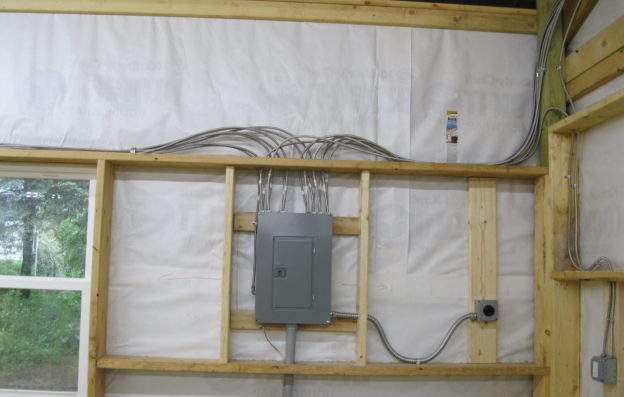
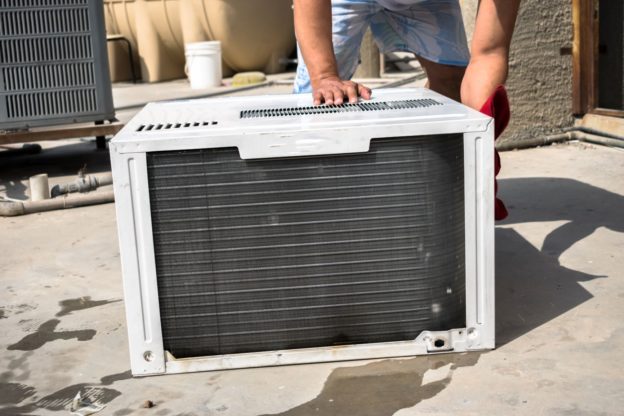
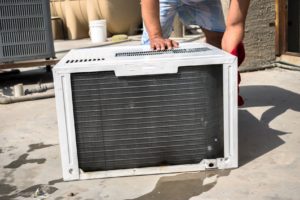 those that I run circuits for are 240 volts, which does require a special receptacle.
those that I run circuits for are 240 volts, which does require a special receptacle.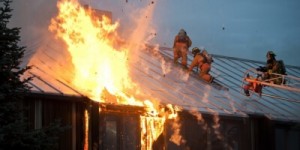 A break in a hot wire can cause a series arc, which will not trip a standard circuit breaker or blow an old-style screw shell fuse, but it can cause a fire.
A break in a hot wire can cause a series arc, which will not trip a standard circuit breaker or blow an old-style screw shell fuse, but it can cause a fire.
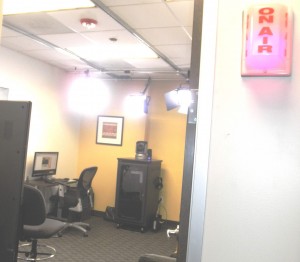 set-up with special electrical connections in his office.
set-up with special electrical connections in his office.
